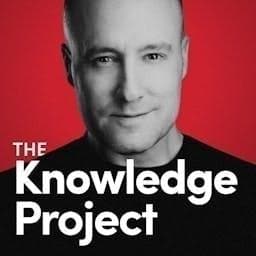Software kind of sucks these days, doesn’t it? Cory Doctorow invented the word “enshittification” to describe a pattern he repeatedly observed across software platforms. They start generous and flexible, but over time, they increase their value capture to maximize profits at the expense of their users. Software ends up feeling over-optimized and hostile, constantly fighting our desires. But software ultimately is for us, and there must be a better way.Well, there is, at least in theory. A coalition of software and tech luminaries, joined by hundreds of supporters, recently launched the Resonant Computing Manifesto. They want software that is private, dedicated, plural, adaptable and prosocial — the antipode of the offerings available to us today. It’s a fresh vision, one desperately needed as LLMs rapidly democratize software engineering to everyone.Riskgaming host Danny Crichton and The Orthogonal Bet host Sam Arbesman jointly host this special episode with Alex Komoroske, founder of Common Tools, which dubs itself a new fabric for computing.The three talk about the manifesto, how LLMs are changing software design, the same origin paradigm, fully homomorphic encryption, remote attestation, and whether it is possible for software to be good and also be profitable.




































